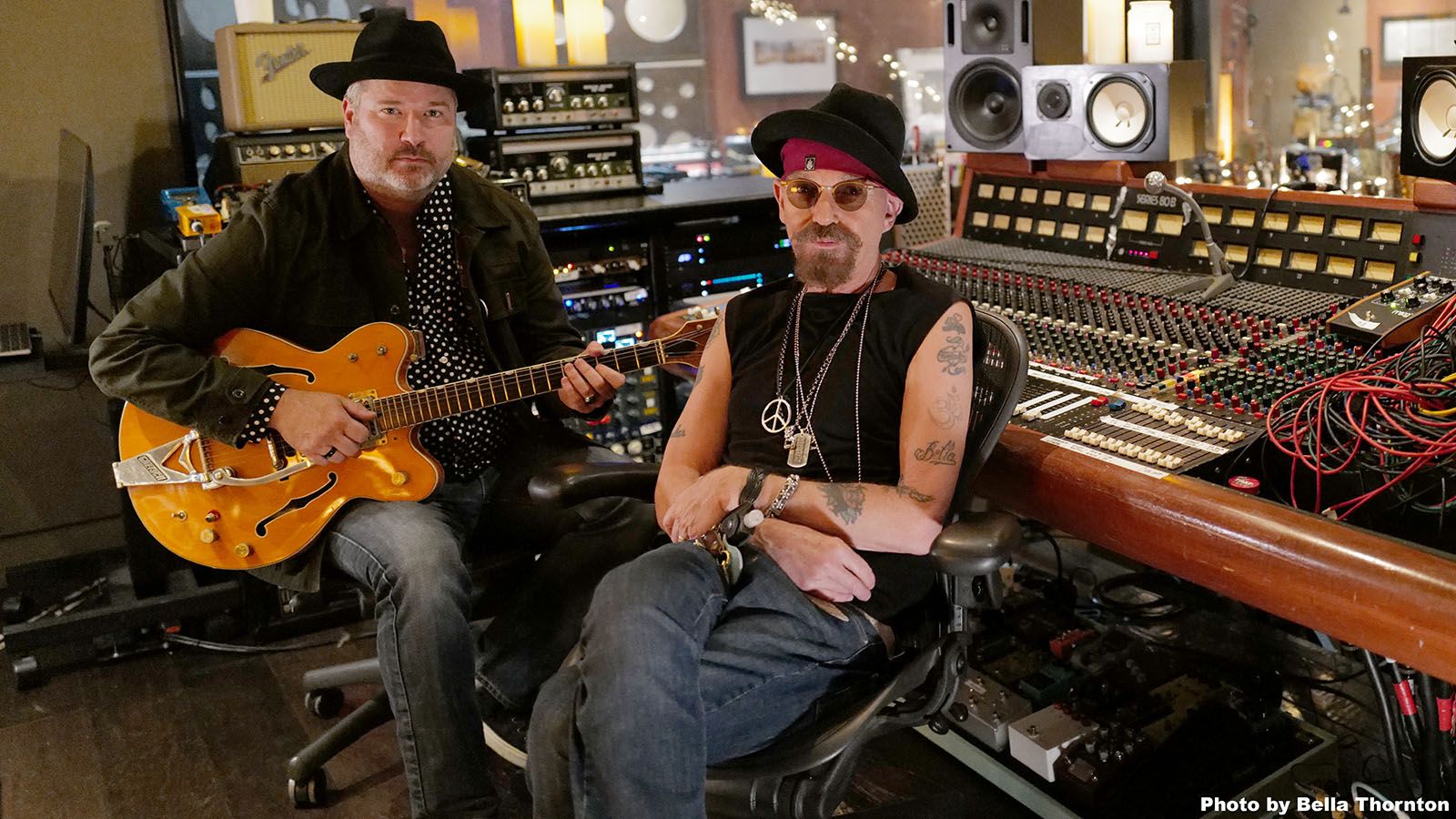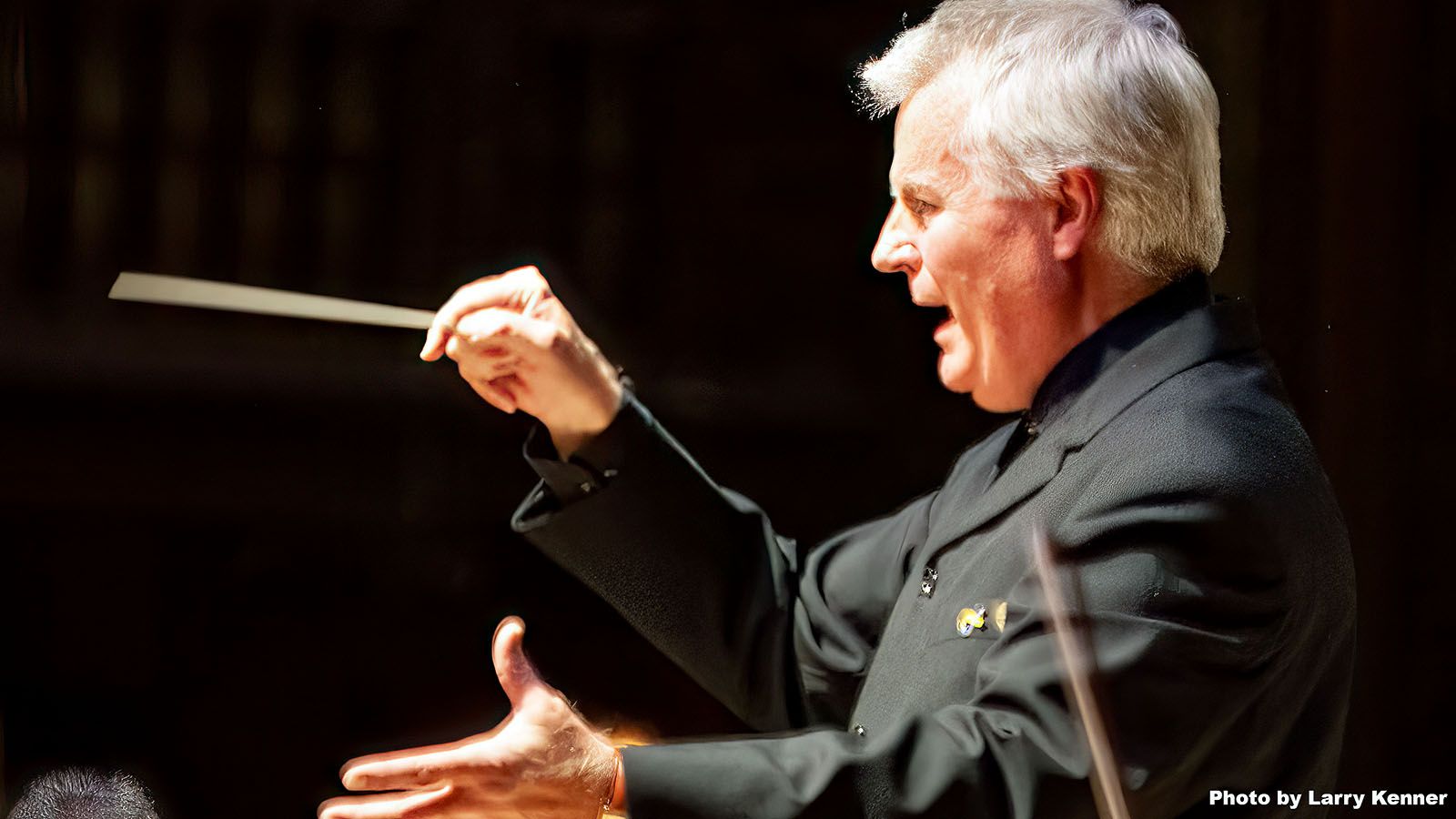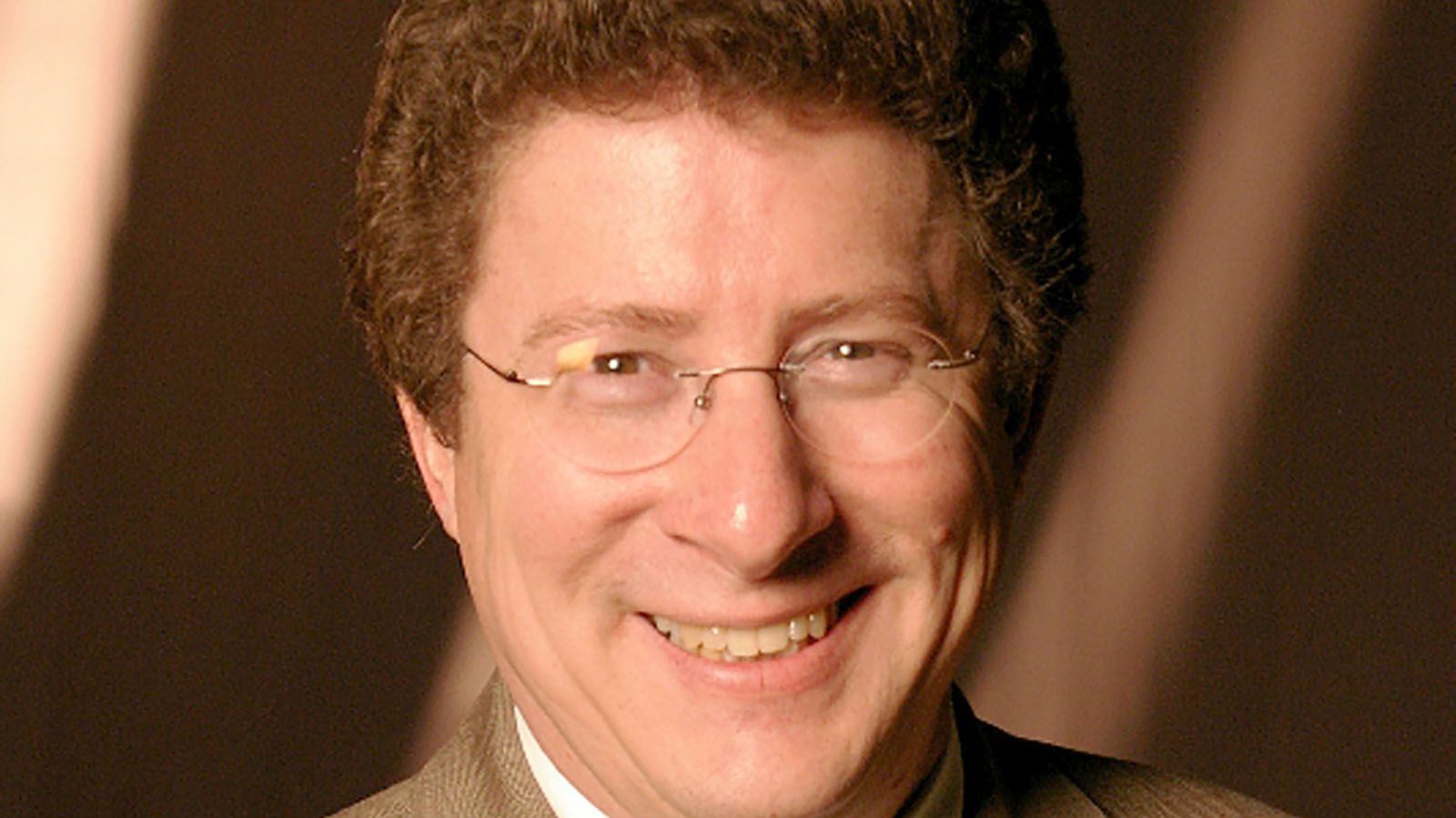The independent film world — you know, the one that enabled Billy Bob Thornton to write, direct, star in and win an Academy Award for his 1996 Southern Gothic Sling Blade and collaborate with directors like Jim Jarmusch and the Coen Brothers — is by most accounts dead, or at least close to it.
But the independent music world — where Thornton is spending most of his time and energy these days — is slowly moving in the opposite direction. The indie sector accounts for 66 percent of all record releases, as well as 20 percent of all revenue. Of course, how much of that trickles down to the artists is another question, but the signs are relatively encouraging.
Billy Bob Thornton & The Boxmasters
7:30 p.m. Saturday, Oct. 5
Embassy Theatre
125 W. Jefferson Blvd., Fort Wayne
$25-$60 · (260) 424-6287
This is part of the reason Thornton and his band, The Boxmasters, have spent more than a decade touring and releasing albums, 14 of them, the most recent being Love & Hate in Desperate Places, released Aug. 30on their own KeenTone Records label.
You can bank on a number of their most recent songs being featured in the setlist they will bring to Embassy Theatre on Saturday, Oct. 5.
Equal partnership
While they continue to bill themselves as Billy Bob Thornton & The Boxmasters — having your face plastered on tabloid covers has to be worth something — the band is actually an equal partnership between Thornton and J.D. Andrew, who picked up his first Grammy for working on Kanye West’s debut album and racked up credits on The Rolling Stones’ A Bigger Bang, Guy Clark’s Cold Dog Soup and The Pussycat Dolls PCD.
All of which helps explain why the two Boxmasters are doing interviews together, and Thornton is insisting on talking about music instead of, you know, all that other stuff.
Q: Before the pandemic, the two of you recorded an album with Geoff Emerick, who was the sound engineer on the later Beatles albums. Did you learn any tricks from him?
Andrew: Well, it’s funny. You know, since I’m a recording engineer, Geoff was of course one of my biggest heroes. And so when we got to work with him, I did try to figure out some of his tricks. Because he was doing all these things sonically where we were like, “Oh, that sounds like John Lennon,” or “Oh, that sounds like (Paul) McCartney,” or, you know, whatever. And so we’d sit there, and we’d just be amazed by it. And then we would be like, “Geoff, what did you do to the vocals, how did you make them sound like that?” And he’d be like, “I’m not telling you.” And then, you know, Geoff passed away not too long after we did the record.
Taking his secrets to the grave with him.
Andrew: Well, but here’s the thing. I went to his memorial, and there were all these very well-known engineers, and some producers, and one after the other, they were all saying, “Oh, Geoff taught me so many tricks,” and “He was always so forthcoming with everything that he did.” And I was just standing in the back goin’ “That son of a b*tch.”
You sing a lot of harmonies together on this new record. Is it more than on past albums, or does it sound that way because the arrangements are more stripped down?
Thornton: I think it’s kind of both. You know, we discovered on the early records that we sound really good together on harmonies. So we’ve always paid a lot of attention to them, and it’s something that’s very important to us.
But yeah, those first two albums we did were based on something that J.D. and I came up with, which was to do a very stylized experiment where we were just smashing together our love of British Invasion and hillbilly music… We always tell people that, with those first couple of records, we were thinking, “If Frank Zappa decided to make a hillbilly record, what would it be like?”
Most music acts make their money now from touring. But since you both have had considerable success in your respective fields, I’m guessing that’s not a big part of your motivation for touring. What is?
Thornton: Well, that’s how we make our money. I mean, honestly, the way we keep recording is to use the money we make from merchandise and put it back into the band. So in other words, to make the next record, whatever the cost of that is, we use the merchandise money and whatever we make from playing the shows. Because that’s the only money we make.
That sounds both wonderful and awful at the same time.
Thornton: It is. That’s exactly it. And it’s what we want to do. We want to be in the studio recording songs, we want to be on the road playing shows, and, you know, trying to kill ourselves out here playing every single night. Because growing up, it’s what we imagined we would be doing. We’d see concerts and it would be like, “We want to do that, we want to be playing stages, in front of walls of amplifiers, and drums, and, you know, having roadies moving stuff around.” And thankfully, we’re still getting to do that, even though we’re not kids anymore. Because it’s the greatest thing in the world.
 Submit Your Event
Submit Your Event



